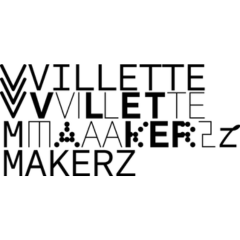Liens rapides
Trouver un job
Se former
Mon profil
Recruteur
Divers
Programme
💬 Bootcamp Transition Impact
4 semaines pour comprendre le monde de l’impact, affiner votre récit et passer à l’action dans un programme collectif ultra-engagé !
Guide
📚 Guide de la reconversion professionnelle
Tu as la quête de sens qui te titille, mais tu ne sais pas par où commencer pour te lancer dans ta reconversion professionnelle ? On te propose des contenus adaptés !
Test
🎲 Découvre quel est ton profil à impact !
8 questions clivantes pour comprendre ce que tu recherches (vraiment) dans l'impact ! Pour aller au-delà des grandes intentions. On t’aide à clarifier ta boussole intérieure



